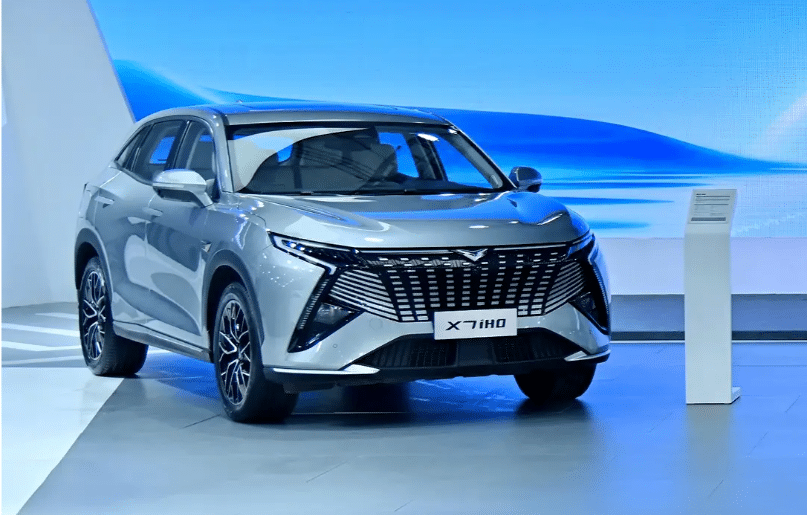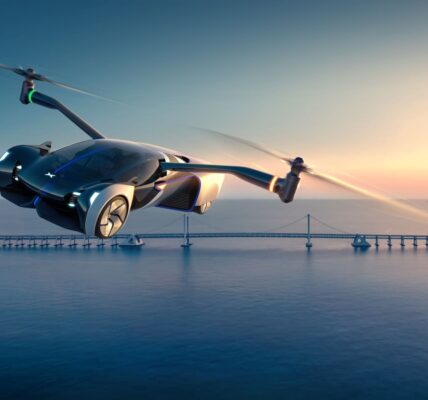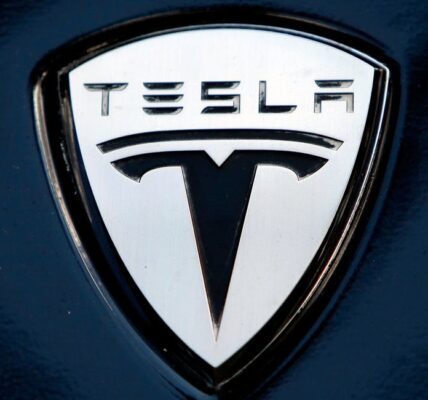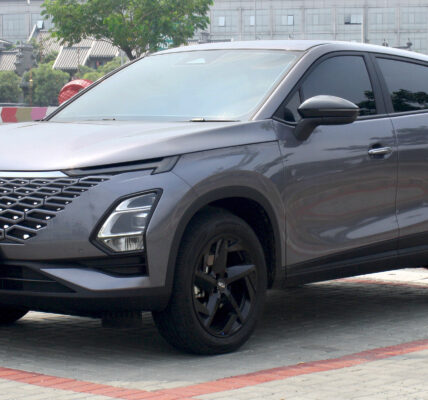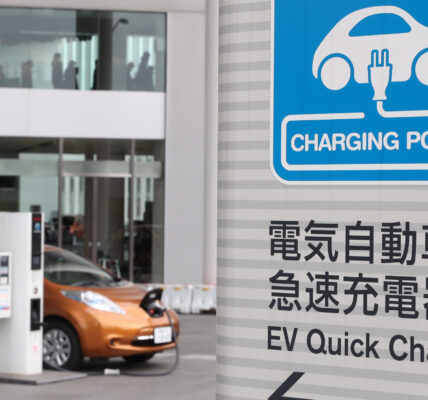At the 3rd World Power Battery Conference held in Yibin City, Sichuan Province, Kaiyi Auto unveiled its latest international models, marking a significant milestone in the company’s global expansion strategy.
The event, titled “Lead by Green Power Sailing to the World,” introduced the international versions of the Kaiyi X7 iHD, Kaiyi X3 Pro EV, and Kaiyi e-Qute 02.
The Kaiyi X3 Pro EV RHD and Kaiyi e-Qute 02 RHD, noted for their spacious interiors, robust power, extended range, and enhanced safety features, are set to launch in Southeast Asian markets including Nepal, Thailand, and Malaysia later this year.
Meanwhile, the Kaiyi X7 iHD, a plug-in hybrid midsize SUV, integrates Chery Group’s flagship chassis, a 1.5T ultra hybrid powertrain, and CATL battery technology. The Chinese version of the X7 iHD, which debuted on Aug. 20, has already garnered significant interest.
This year marks the 10th anniversary of the Kaiyi brand, reflecting a decade of growth from its initial establishment to the development of smart manufacturing facilities, strategic partnerships with Huawei, Tencent, and CATL, and the creation of an Intelligent Connected Research Institute.
Moreover, China’s auto industry is rapidly ascending, becoming a formidable global player and challenging traditional markets like the U.S. In 2023, China surpassed Japan to become the top global car exporter, driven by both established companies like SAIC and new entrants like BYD, which has now surpassed Tesla as the world’s largest EV seller. While U.S. auto exports have declined, Chinese manufacturers are revolutionizing the industry with fast production, cost-effective models, and advanced technology, especially in electric vehicles (EVs).
The surge in Chinese EVs, backed by significant government investment and a strong battery production sector, has significantly impacted global markets, including a notable presence in Europe and the Middle East. Despite no direct sales in the U.S. yet, Chinese firms are making strides through brand ownership and supply chain integration. With China dominating EV production and battery technology, its influence in the automotive industry is set to grow, potentially reducing Western car manufacturers’ market share in the coming years.


